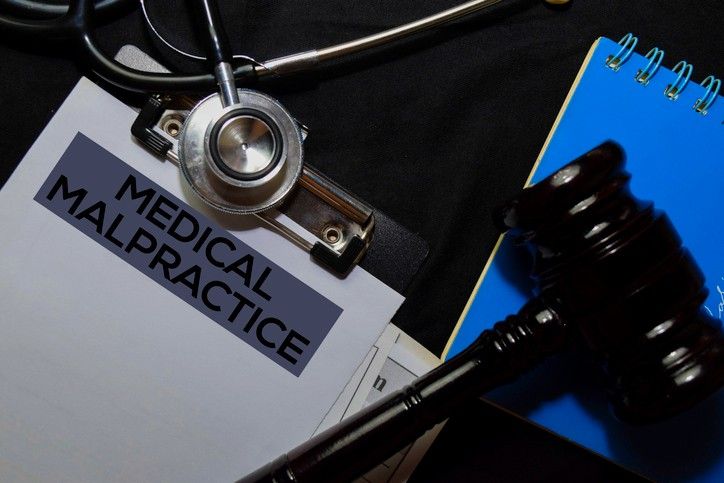Anesthesia Errors: Navigating the Complex World of Medical Malpractice
Medical procedures often require the administration of anesthesia to ensure patients’ comfort and safety during surgery. While anesthesia is generally considered safe, anesthesia errors can have devastating consequences. If you or a loved one has been a victim of anesthesia errors, you may have a valid medical malpractice claim. In this blog post, we will explore the common anesthesia errors, their causes, and how a medical malpractice law firm can help you seek justice and compensation.

Understanding Anesthesia Errors
Anesthesia errors occur when healthcare providers fail to administer anesthesia properly, monitor the patient’s vital signs, or react appropriately to complications during surgery. These errors can manifest in various ways, including:
- Dosage Errors: Administering too much or too little anesthesia can lead to complications such as anesthesia awareness (patients waking up during surgery) or overdose-related injuries.
- Failure to Monitor: Anesthesiologists and their teams must constantly monitor the patient’s vital signs, including heart rate, blood pressure, and oxygen levels. Failure to do so can result in delayed responses to adverse events.
- Equipment Malfunctions: Anesthesia machines and monitoring equipment must be maintained and calibrated correctly. Malfunctions or improper use can lead to errors and patient harm.
- Inadequate Preoperative Assessment: Failure to assess a patient’s medical history, allergies, and potential drug interactions can lead to anesthesia complications.
Causes of Anesthesia Errors
Several factors can contribute to anesthesia errors, including:
- Inadequate Training: Anesthesia is a specialized field that requires extensive training and experience. Inexperienced or inadequately trained providers may be more prone to errors.
- Communication Breakdowns: Effective communication among the surgical team is crucial. Misunderstandings or miscommunications can lead to mistakes in anesthesia administration.
- Fatigue and Stress: Healthcare providers working long hours under high-stress conditions are more likely to make errors. Fatigue can impair decision-making and reaction times.
- Equipment Issues: Faulty equipment, inadequate maintenance, or improper use can lead to equipment-related errors.
Seeking Legal Recourse
If you or a loved one has suffered harm due to anesthesia errors, it’s essential to consult a medical malpractice attorney who specializes in these cases, such as the malpractice experts at Hoffer & Sheremet PLC. Here’s how we can help:
- Case Review: We will evaluate your case to determine if medical negligence occurred. We will review medical records, consult with experts, and assess the merits of your claim.
- Building a Strong Case: We will gather evidence, interview witnesses, and consult with medical experts to build a compelling case on your behalf.
- Negotiation and Settlement: Most medical malpractice cases are resolved through negotiation. We will work tirelessly to secure a fair settlement that covers your medical expenses, pain and suffering, and other damages.
- Trial Representation: If a fair settlement cannot be reached, your attorney will represent you in court, presenting your case to a judge and jury.
Anesthesia errors are complex, and their consequences can be life-altering. If you believe you or a loved one has been a victim of medical malpractice related to anesthesia, don’t hesitate to seek legal help. A reputable medical malpractice law firm can provide the guidance and support needed to pursue justice and compensation for your suffering. Your well-being and the safety of future patients may depend on holding negligent healthcare providers accountable for their actions.
If you think your doctor, hospital or other healthcare provider made a mistake, you’ll want to work with the best medical malpractice lawyers in Michigan. To get started, call our medical malpractice lawyers at 616-278-0888, complete our free consultation form, or send us an email. Many times we can tell you if you have a valid claim in our initial phone consultation. No appointment is necessary for an initial phone consultation.